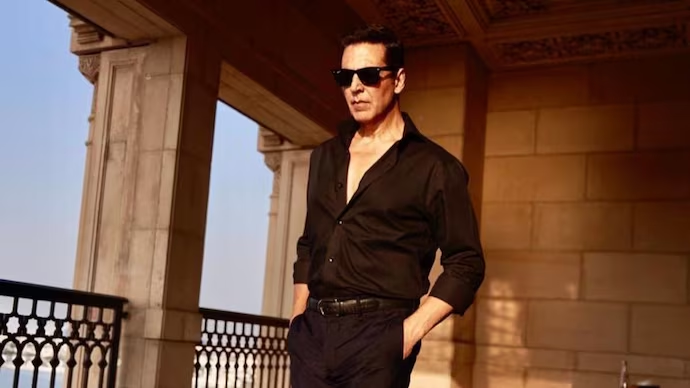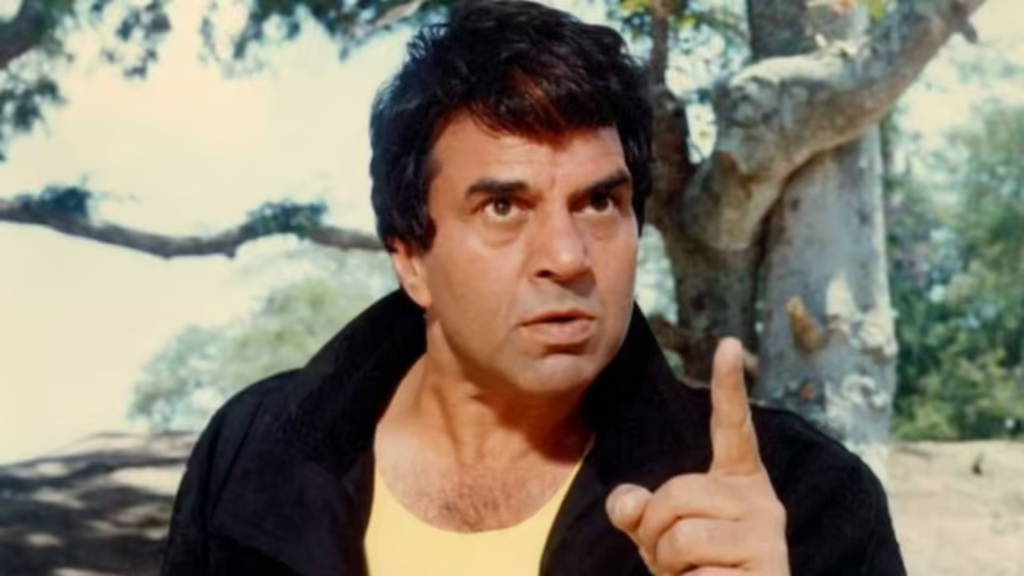Now Reading: Akshay Kumar’s New Biopic Sparks Debate: Are Bollywood Biopics Losing Touch with Reality?
-
01
Akshay Kumar’s New Biopic Sparks Debate: Are Bollywood Biopics Losing Touch with Reality?
Akshay Kumar’s New Biopic Sparks Debate: Are Bollywood Biopics Losing Touch with Reality?

Akshay Kumar’s latest role in a high-profile biopic has reignited a long-standing debate—how true are Bollywood biopics to real-life events and personalities? While the film is generating buzz for its cinematic appeal and powerful performances, critics and audiences alike are questioning whether Bollywood’s increasing fascination with biopics is coming at the cost of authenticity and nuance.
The Biopic Boom in Bollywood
In the last decade, Bollywood has seen a surge in biographical films. From sports legends to war heroes and political figures, real-life stories are being turned into big-budget blockbusters. These films often carry patriotic tones, emotional arcs, and high-stakes drama.
Actors like Akshay Kumar have become synonymous with this genre, portraying roles that celebrate national pride and individual achievement. While this trend has brought unsung stories to mainstream attention, it has also sparked concerns about selective storytelling.
The Case of Akshay Kumar’s Latest Film
Akshay’s new biopic, based on a controversial yet influential public figure, has attracted mixed responses. Supporters applaud the film for raising awareness and inspiring youth, especially in Tier-2 cities where aspirational content finds strong resonance.
However, others point out historical inaccuracies, dramatized scenes, and oversimplification of complex issues. Viewers from academic and journalistic circles have questioned whether such portrayals blur the line between fact and fiction.
Creative Liberty vs. Factual Integrity
Filmmakers often defend biopic adaptations by citing “creative liberty” as essential for cinematic storytelling. They argue that emotional engagement requires dramatization, even if it means altering or omitting certain facts.
Yet, when these films reach millions—including school-age audiences and rural viewers with limited access to alternative perspectives—there’s a risk that fiction is accepted as truth. This is especially significant in smaller towns where Bollywood remains a major source of information and influence.
The Impact on Public Memory
Biopics have a powerful role in shaping how future generations perceive history. When real events are filtered through nationalistic or commercially driven lenses, the public memory becomes skewed.
For instance, simplifying political ideologies or turning flawed personalities into flawless heroes can distort the reality of their contributions—and mistakes. Critics argue that this trend undermines critical thinking and historical understanding.
Audience Awareness Is Evolving
Interestingly, audiences are becoming more aware and vocal. Social media has become a platform for viewers to fact-check, discuss, and challenge biopic narratives. This shift is particularly visible among educated youth in cities like Jaipur, Lucknow, and Bhopal, who seek substance along with entertainment.
Many now look for documentaries or written biographies after watching these films, showing a growing demand for depth and truth in storytelling.
Conclusion: Time for a Recalibration?
Akshay Kumar’s latest biopic may entertain, but it also highlights the need for a more responsible approach to real-life storytelling in Indian cinema. Biopics can inspire and educate, but only when rooted in integrity and balance.
As Bollywood continues to explore true stories, the challenge lies in finding the middle ground—where cinematic impact doesn’t come at the cost of reality. For viewers in every corner of India, especially Tier-2 cities where such films deeply resonate, that balance matters more than ever.

























